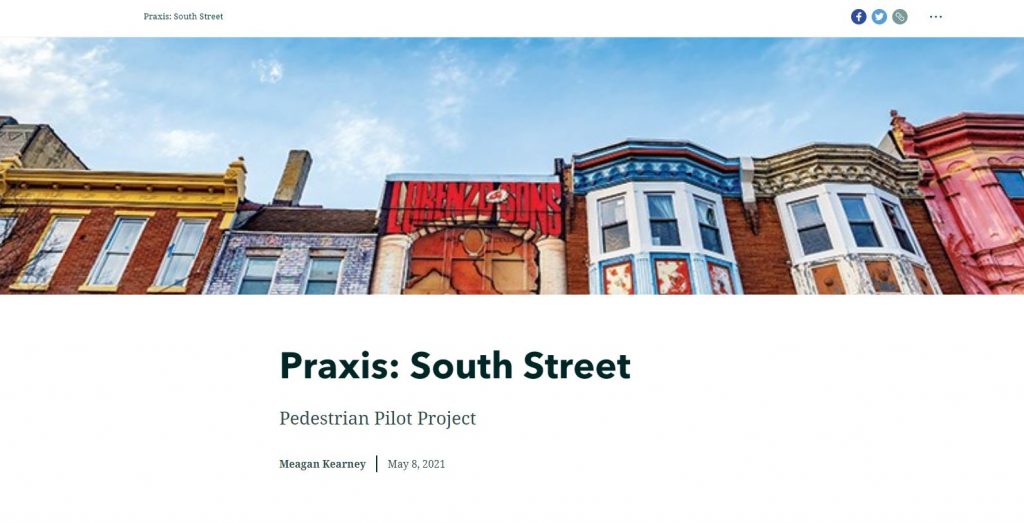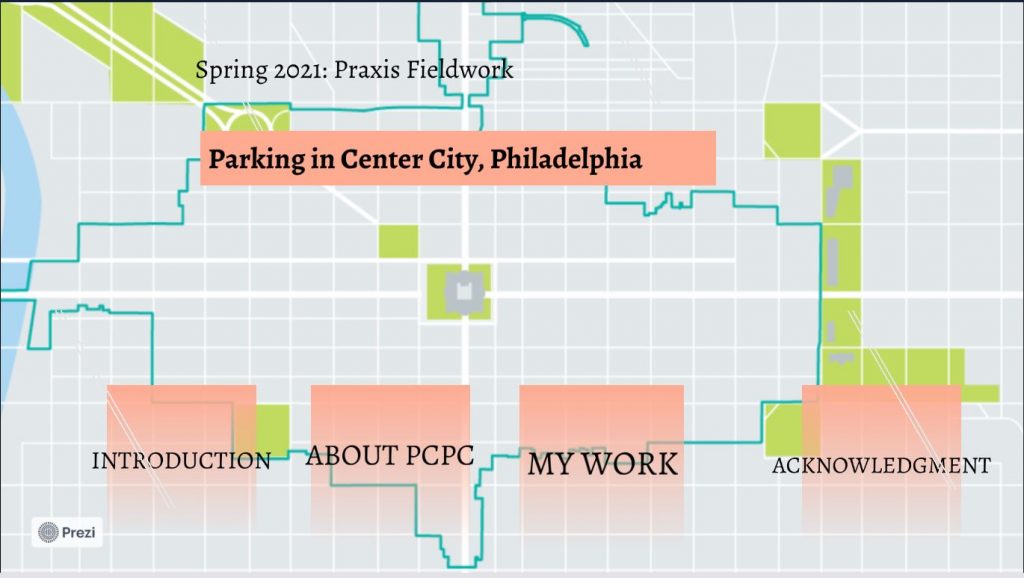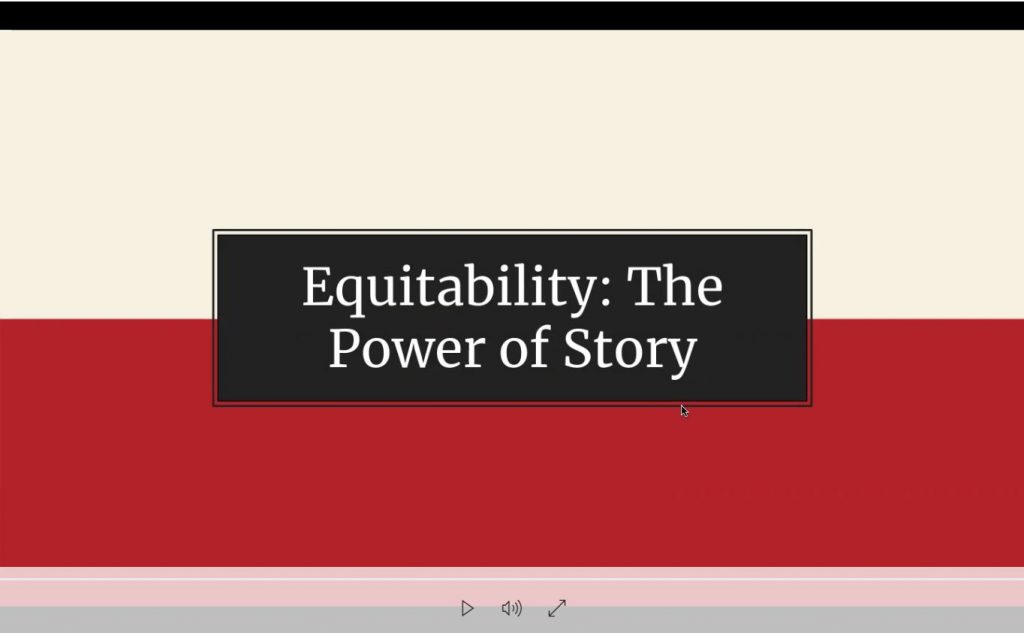Instructor: Prof. Ignacio Gallup-Diaz
TA and Praxis Student Coordinator: Emma Burns, BMC ’21
Course Description and Reflection by Prof. Gallup-Diaz:
The members of the Spring 2021 offering of H268 gathered at a particularly disorienting moment in time — a history class, filled with participants experiencing a jarring historical moment.
Why jarring?
The members of the seminar met at the confluence of the ongoing pandemic (a global event), the Black Lives Matter movement (as a US process with global ramifications), the MeToo movement (a global process), and the Bryn Mawr Student Strike (a local one).
Although one might assume that we are in a ‘post-Strike’ situation/world, the historian in me would suggest that we’re still in midst of ‘The Strike Process,’ even tho’ the strike-event itself is over.
While the resolution of the Strike (through the acceptance of most-of the student demands) does provide the College with a path forward, the administration’s engagement with ‘the Strike’ exposed some uncared-for wounds, while re-opening others that were partially- or only recently-healed.
“Telling Bryn Mawr Histories” — the goal of the course — makes the tellers acutely aware of their position with regards to the archive and the institution they are studying/analyzing. Although this is a complex situation for a scholar-researcher to navigate and analyze under ‘neutral’ circumstances, it is a necessary part of the knowledge-gathering process. In this case, students navigated an additional complication, as they were not ‘on neutral ground,’ they were critically thinking about decisions and processes placed in motion and controlled by ‘BMC-players’ who have more power than they do at their educational-home.
So, this seminar convened within a situation filled with possibilities, and the Black Lives Matter and MeToo movements — one with it’s imperative to recognize and dismantle white supremacy, and the other with it’s attention to consent, empathy, and volition — opened spaces for ‘out-of-the-box’ thinking and drew our attention to issues of ethics and our responsibility to ‘the past.’
The Instructor found his interactions with the members of the seminar to be both enriching and rewarding.




